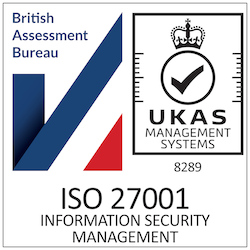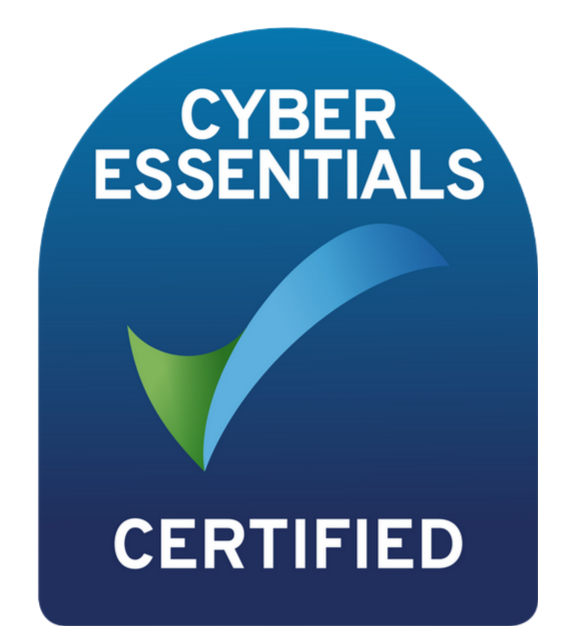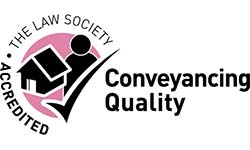Moving home is exciting and should be treated that way! Although it sounds daunting, it doesn’t have to be! Conveyancing generally involves several legal documents that need to be prepared, reviewed, and signed by a buyer and a seller of a home. We get it, the numerous jargon-packed documents can be complex and difficult to understand, so we’ve made it easy for you. We’ve put together a list of legal documents involved in conveyancing and what they actually mean:
Contract of Sale: This is the most important document in conveyancing. It outlines the terms and conditions of the sale, such as the purchase price, deposit, settlement date, and any special conditions that the buyer and seller have agreed upon. It is important for both parties to carefully review the contract before signing.
Section 32 Statement (also known as a Vendor Statement): This document provides important information about the property that is being sold, such as the title details, zoning, planning permits, and any easements or covenants that affect the property. The seller is required by law to provide this statement to the buyer before the contract of sale is signed.
Transfer of Land: This document is used to transfer the legal title of the property from the seller to the buyer. It needs to be signed by both parties to record the change of ownership.
Mortgage or Loan Documents: If the buyer is using a mortgage to purchase the property, they will need to sign mortgage or loan documents that outline the terms of the loan and the security being provided to the lender.
Discharge of Mortgage: If the seller has a mortgage over the property, they will need to provide a discharge of mortgage to show that the mortgage has been paid off in full before the property can be transferred to the buyer.
Settlement Statement: This document sets out the financial details of the transaction, including the purchase price, any adjustments for rates and taxes, and the balance due at settlement. It is prepared by the buyer’s conveyancer or solicitor and is used to ensure that all parties are aware of the financial aspects of the transaction.
It is important to seek the advice of a qualified conveyancer or solicitor to ensure that these legal documents are prepared and reviewed correctly. Find out more today about how ONP can help you.







